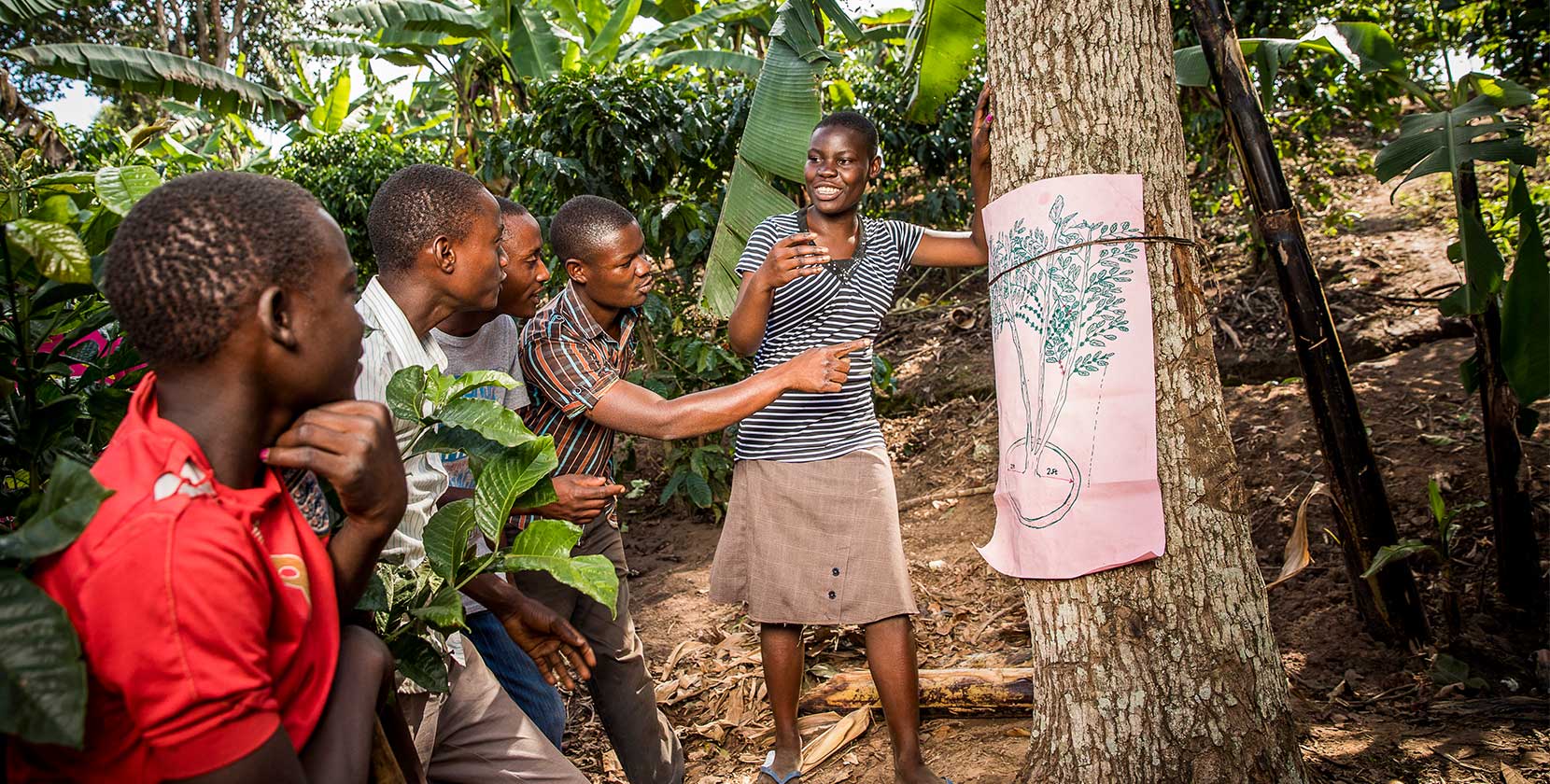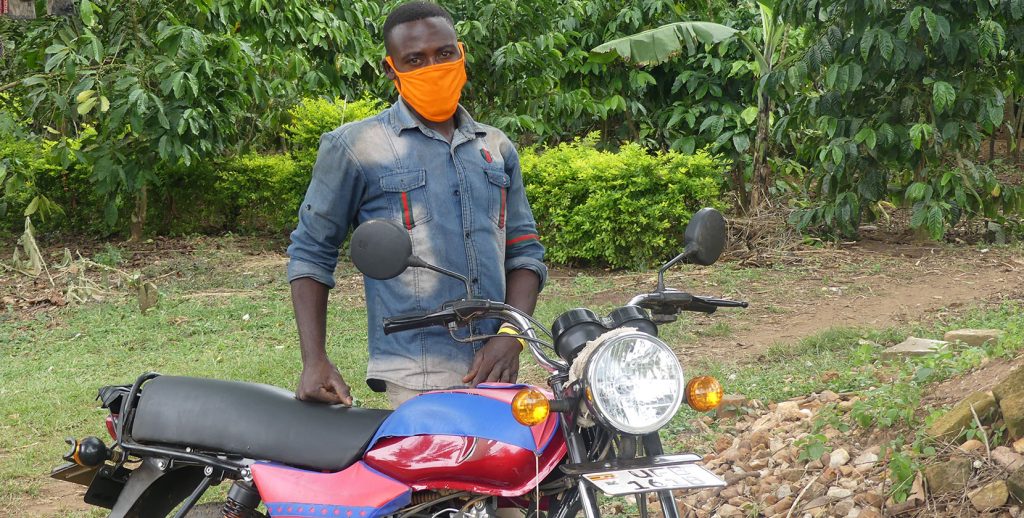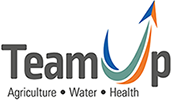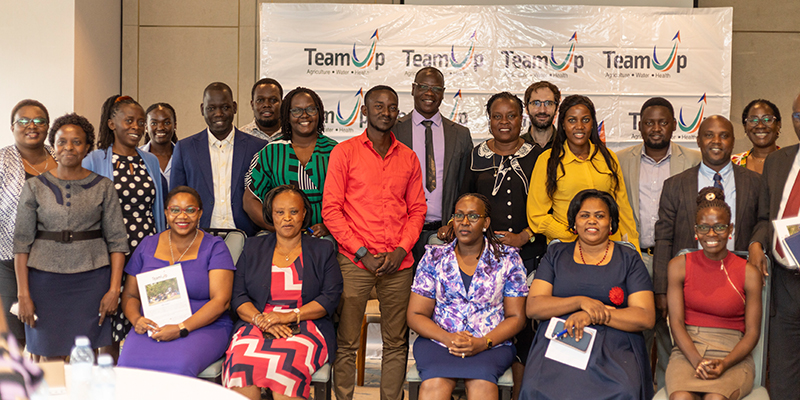Advocacy is an action that creates an organized effort to change policy, practice, and/or shape attitudes by presenting evidence and arguments for how and why change should happen. It is a set of targeted actions directed at decision-makers in support of a specific policy issue. TeamUp Uganda emphasizes the young person at its advocacy core; we recognize that young people are important actors and agents of change within the program, their communities and the country in general.
Young people are uniquely positioned to give a fresh perspective into decision-making at sub national, national, regional and international level on issues that affect their lives. Young people’s capacities are developed to ensure that they are able to engage on multiple platforms as agents of change ‘Youth Champions’ for change. TeamUp Uganda’s intervention emphasizes a youth-centered approach where young people’ participation is integrated in meaningful ways, systematically placing young people at the center of implementation and recognizing them as diverse and autonomous rights-holders.

Young people are engaged at all structural levels of decision-making, governance, management, program/service delivery and as clients/beneficiaries, monitoring and evaluation of the efficacy of the program.
The Youth Club is at the center of intervention, a well governed and administered youth club is key for members to successfully develop, organize and implement a variety of integrated activities addressing Sexual Reproductive Health as well as youth related issues.
Leaders of these youth clubs are trained to have the following in order to sustain an efficient, effective and functional youth club;
- A clear understanding of how to effectively manage youth clubs/groups and their roles and responsibilities as leaders of the clubs
- An appropriate mission, purpose and direction for the club with common goals, the decision to continuously identify, develop, innovate and set new objectives where necessary
- The capacity to operate efficiently towards collective achievements of the club objectives and goals
- To inspire and create awareness on youth related concerns in their respective communities
- Monitoring and documenting skills on their implementing activities and engagements
Youth Empowerment Centres (YECs)
A YEC is a well-equipped, self-sustaining, multi-functional and youth-led organization that addresses the needs of youths in a holistic manner and plays a coordinating role with regards to other youth clubs and youth groups located in its area.
Youth Empowerment Centre (YEC) Organizational Capacity Building Approach
In order to achieve meaningful and replicable results from YECs created, it is imperative that we ensure comprehensive Organization Development (OD)whose objective is to attain sustainable outcomes for the bodies. Recognizing that organizational development is a process, the use of the methodology results in concrete action plans to provide YECs with a clear organizational development road map.
The methodology is reviewed and repeated progressively in order to;
- Monitor the effectiveness of previous actions,
- Evaluate progress in capacity improvement, and
- Identify new areas in need of strengthening.
This is an interactive process that should bring together the YEC Executive Committee and Management for a reflective assessment and achievement of sustainable development of the YECs, Youth Clubs and young people specifically.
The model for capacity building involves a cyclical process that includes assessment, prioritization, planning and provision of technical assistance (TA). The capacity building approach involves regular assessments followed by tailored assistance including one-on-one mentoring, systems and tools development, supported by periodic monitoring and evaluation (M&E).
This facilitates objective, data-driven assessments that lays the foundation for gaining a shared understanding of interventions needed, capturing progress made and lessons learned. Regular communication and close liaison with Youth Empowerment Centres (YECs), as partners, is a key feature of this approach.
Assessing data continuously collected enables the preparation of technical assistance plans with emphasis on areas where the YEC has scored the lowest and are thus viewed as high priorities for capacity building interventions with a focus on providing strong and consistent technical support for sustainability, and ensuring that technical assistance reaches all levels of the YEC. All leading up to the creation of refined technical assistance and identification of new areas for development support and tailored assistance for each YEC within the implementation scope.
Capacity Development of the YECs is aligned to the following;
- Governance and Leadership
- Program/Project management
- External Relations/Networks
- Financial Management and resource Development
- Human Resources and Administration
- Sustainable Development
- Monitoring and Evaluation

The Ultimate Goal of the YEC is to have a well-developed and functioning credible system, resources and viable programs/projects. Actively engages beneficiaries and communities in assessment, planning and monitoring, and integrates community views and ideas into its design. To respond to change, mobilize resources for self-sustenance and provide required coordination and monitoring of Youth Club/groups actions and intervention.
Youth Champions
These are individuals (15-27 years) who are trained in advocacy and have the skills, experience and support to take interest in the promotion of SRH, agribusiness and WASH as youth development agenda. Their training is aligned to the following;
- Exploring and understanding the role of advocacy in ensuring that government policy commitments are translated into programs and services for intended target groups (in this case young people)
- Understanding advocacy in relation to behavior change communication (BCC) or Information. Education and Communication (IEC) strategies.
- Harnessing their knowledge and skills into planning, implementing, monitoring and evaluating a community based advocacy for young people in SRH, livelihoods and WASH.
- Engaging in community conversations and dialogues on pertinent issues
- Meaningful youth participation in decision making processes
- Engaging in pre and post budget analysis meetings to spearhead budget advocacy




